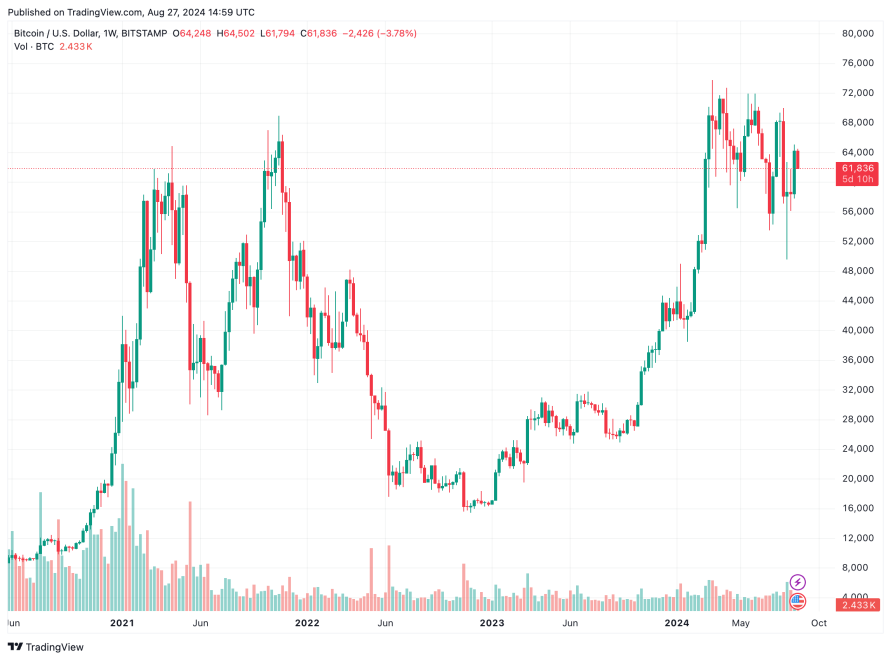On 26 August 2024, New Zealand Revenue Minister Simon Watts, introduced a new bill in the House that could have major implications for the island nation’s cryptocurrency ecosystem.
Implementation of the OECD Cryptocurrency Reporting Framework
Titled “Taxation (Annual Rates for 2024-25, Emergency Response and Remedial Measures”), the new bill seeks to give legislative effect to the Crypto-Asset Reporting Framework and the Common Reporting Standard (CARF) amendments developed by the Organisation for Economic Co-operation and Development (OECD).
The proposed changes are set to come into effect on 1 April 2026 and will require New Zealand-based crypto-asset service providers (RCASPs), such as exchanges, to comply with the new regulatory requirements. These entities will have until 30 July 2027 to report all relevant user information to the New Zealand tax authority, Inland Revenue (IR).
Specifically, exchanges must disclose their users’ personal information, such as their name, address, date of birth, and tax identification number. In addition, they will have to disclose aggregate user data on all digital asset transactions, cryptocurrency-to-fiat transactions, and transfers of digital assets to wallet addresses to ensure that profits are accurately taxed.
Subsequently, the IR will share this information with all relevant tax authorities worldwide in cases where the information applies to users in other jurisdictions by September 30, 2027.
The bill highlights that at present, there is little oversight of digital asset transactions and income from profits made through such exchanges. It adds:
Internationally, there have been increased efforts to ensure that tax authorities maintain visibility into income or investment opportunities that are facilitated to individuals through large-scale intermediaries.
Repercussions of failure to comply with reporting requirements
The bill introduces new penalties for RCASPs that fail to comply with their crypto-asset transaction reporting obligations. For each instance of non-compliance, they will be fined NZ$300 (USD$187), capped at a maximum of NZ$10,000 (USD$6,231) per year.
RCASPs will not be required to pay penalties if the circumstances are beyond their control. In addition, trading platform users who fail to comply with reporting rules could face fines of up to NZ$1,000 (US$621).
The strict digital asset reporting rules highlighted in the bill are hardly surprising. In July 2024, New Zealand tax authorities said that more than 200,000 people did not declare their crypto income on their tax returns.
It is worth noting that in 2020, New Zealand’s tax watchdog revised its guidelines to include cryptocurrencies in the taxable asset category, essentially treating digital assets as a form of property for tax purposes.
In this context, the new bill could completely transform the current cryptocurrency ecosystem in New Zealand. If the bill is approved, the New Zealand Tax Agency will have access to users’ transactions on registered exchanges and will be able to calculate how much tax they have to pay on their profits, if any.
While some countries are tightening cryptocurrency regulations for better tax compliance, others are delaying such measures due to a lack of clarity regarding the new asset class.
For example, earlier this month, South Korean lawmakers propose postpone the implementation of cryptocurrency taxation in the country due to investor concerns.
In Japan, the Japan Blockchain Association is of the opinion It is therefore important to reduce taxes on cryptocurrencies in order to encourage wider participation in the booming digital asset sector. It will be interesting to observe the long-term effects of lax and strict cryptocurrency regulations on a country’s digital asset ecosystem.

Featured image from Unsplash, chart from TradingView




